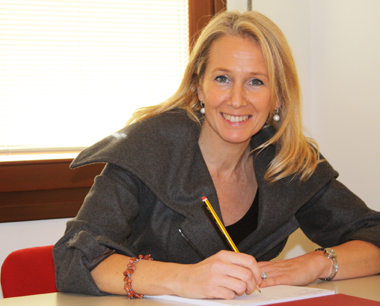Bimbo con due papà, il giudice ordina al Comune la trascrizione dell’atto di nascita
Trib. Milano sez. VIII 23 settembre 2021
Due uomini, l’uno italiano, l’altro statunitense, proponevano ricorso avverso il Comune di Milano, che aveva rifiutato di eseguire la trascrizione dell’atto di nascita del di loro figlio minore, nato con maternità surrogata.
Il ricorso è fondato. Il Tribunale, infatti, ha sancito che anche in assenza di una legge specifica del Parlamento, l’atto va trascritto e riconosciuto integralmente in quanto trattandosi di minori «la loro tutela non può essere sospesa a tempo indeterminato, nell’attesa che il legislatore vari la normativa».
La decisione del Tribunale si basa sulla sentenza della Corte Costituzionale n. 33/2021, che ha di fatto confutato la sentenza n. 12193/2019 della Cassazione, che riteneva il minore nato da maternità surrogata «adeguatamente tutelato mediante l’adozione in casi particolari»: la c.d. stepchild adoption, infatti, deve essere disposta per ordine di un giudice, dopo un’istruttoria con una perizia dei servizi sociali, e prevede diritti/doveri limitati rispetto alla piena genitorialità, ed è in quanto tale incompatibile con i principi costituzionali (art. 2 e 30 Cost.) e con l’art. 8 CEDU.
Per i Giudici, dunque, il bambino deve essere «garantito» secondo i diritti e doveri della piena genitorialità, essendo un «soggetto certamente incolpevole rispetto alle scelte operate da coloro che hanno contribuito alla sua nascita», anche quando comprendono una pratica illegale in Italia come la maternità surrogata.
Per questi motivi, il Tribunale ordina al Comune di Milano la trascrizione integrale dell’atto di nascita originario del minore nella sua integrità, con indicazione di entrambi i ricorrenti quali suoi genitori, in quanto «prevale l’interesse del minore, che dalla sua nascita è inserito nel nucleo familiare dei ricorrenti e deve poter fruire del diritto di essere mantenuto, istruito, educato ed assistito moralmente da entrambe le persone che egli considera di fatto suoi genitori, nonché dei diritti che dalla filiazione derivano rispetto ai loro parenti, e ciò anche sotto il profilo successorio».
Two men, one Italian, the other American, brought an action against the Municipality of Milan, which had refused to transcribe the birth certificate of their young son, born through surrogacy.
The appeal is well-founded. In fact, the Court ruled that even in the absence of a specific law of Parliament, the act must be transcribed and recognised in its entirety because, since we are dealing with minors, “their protection cannot be suspended indefinitely, while waiting for the legislature to change the legislation”.
The Court’s decision is based on the Constitutional Court’s judgment no. 33/2021, which in fact refuted the Supreme Court’s judgment no. 12193/2019, which held that the child born from surrogacy “is adequately protected through adoption in special cases”. stepchild adoption, in fact, must be ordered by order of a judge, after a preliminary investigation with a social services report, and provides for limited rights/duties with respect to full parenthood, and is as such incompatible with constitutional principles (art. 2 and 30 Const.) and with art. 8 ECHR.
According to the judges, therefore, the child must be “guaranteed” the rights and duties of full parenthood, being a “subject certainly blameless with respect to the choices made by those who contributed to his birth”, even when they include a practice that is illegal in Italy such as surrogacy.
For these reasons, the Court orders the Municipality of Milan to transcribe the child’s original birth certificate in its entirety, indicating both applicants as his parents, as “the best interest of the child prevails, who from his birth is included in the applicants’ family unit and must be able to enjoy the right to be maintained, instructed, educated and morally assisted by both persons whom he de facto considers his parents, as well as the rights that derive from filiation with respect to their relatives, and this also from the succession point of view”.

